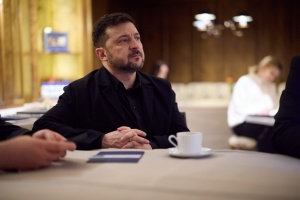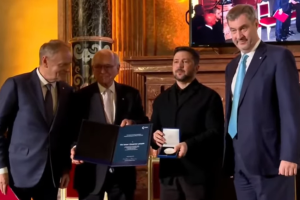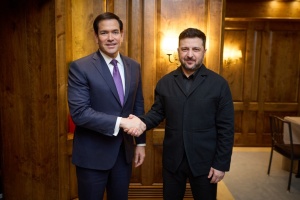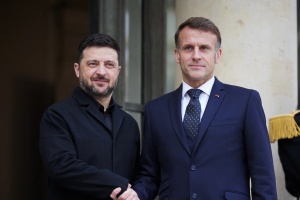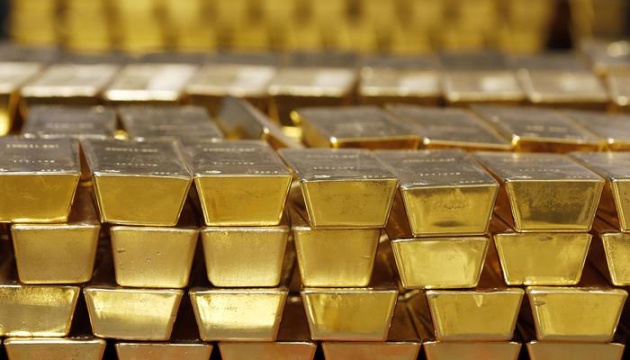
Russia is plundering gold in Sudan to boost Putin's war effort in Ukraine - CNN
That’s according to CNN, Ukrinform reports.
A heated debate transpired between officials in a back office of Khartoum International Airport. They feared that inspecting the plane would vex the country's increasingly pro-Russian military leadership. Multiple previous attempts to intercept suspicious Russian carriers had been stopped. Ultimately, however, the officials decided to board the plane.
Inside the hold, colorful boxes of cookies stretched out before them. Hidden just beneath were wooden crates of Sudan's most precious resource. Gold. Roughly one ton of it.
This incident in February -- recounted by multiple official Sudanese sources to CNN -- is one of at least 16 known Russian gold smuggling flights out of Sudan, Africa's third largest producer of the precious metal, over the last year and a half.
Multiple interviews with high-level Sudanese and US officials and troves of documents reviewed by CNN paint a picture of an elaborate Russian scheme to plunder Sudan's riches in a bid to fortify Russia against increasingly robust Western sanctions and to buttress Moscow's war effort in Ukraine.
The evidence also suggests that Russia has colluded with Sudan's beleaguered military leadership, enabling billions of dollars in gold to bypass the Sudanese state and to deprive the poverty-stricken country of hundreds of millions in state revenue.
In exchange, Russia has lent powerful political and military backing to Sudan's increasingly unpopular military leadership as it violently quashes the country's pro-democracy movement.
"We've long known Russia is exploiting Sudan's natural resources," one former US official familiar with the matter told CNN. "In order to maintain access to those resources Russia encouraged the military coup."
At the heart of this quid pro quo between Moscow and Sudan's military junta is Yevgeny Prigozhin, a Russian oligarch and key ally of President Vladimir Putin.
The heavily sanctioned 61-year-old controls a shadowy network of companies that includes Wagner, a paramilitary group linked to alleged torture, mass killings and looting in several war-torn countries including Syria and the Central African Republic (CAR).
In Sudan, Prigozhin's main vehicle is a US-sanctioned company called Meroe Gold -- a subsidiary of Prigozhin owned M-invest -- which extracts gold while providing weapons and training to the country's army and paramilitaries, according to invoices seen by CNN.
"Through Meroe Gold, or other companies associated with Prigozhin employees, he has developed a strategy to loot the economic resources of the African countries where he intervenes, as a counterpart to his support to the governments in place," said Denis Korotkov, investigator at the London-based Dossier Center.
Responding to the findings of CNN's investigation, a US State Department spokesperson said: "We are monitoring this issue closely, including the reported activities of Meroe Gold, the Kremlin-backed Wagner Group, and other sanctioned actors in Sudan, the region, and throughout the gold trade.
"We support the Sudanese people in their pursuit of a democratic and prosperous Sudan that respects human rights," the spokesperson added. "We will continue to make clear our concerns to Sudanese military officials about the malign impact of Wagner, Meroe Gold, and other actors."

